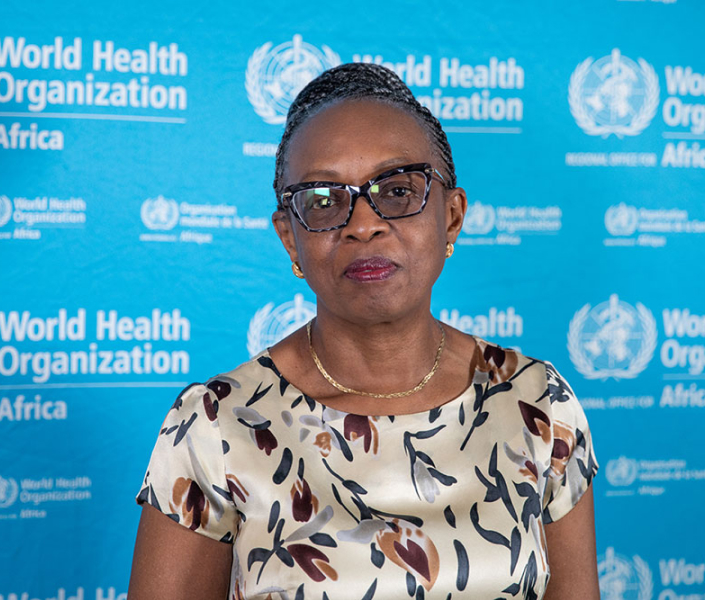Progress report African region 21 - Preface by the Regional Director
Regional Director for Africa
World Health Organization

The African Region has now been hit by three waves of COVID-19, each more serious than the last. While the third wave seems to be levelling-off, the risk of a fourth wave looms linked with end-of-year festivities and travel.
Our WHO country teams have worked side-by-side with national and local authorities on the COVID-19 response, backstopped by strong regional and global support. We have repurposed 1300 staff to the response in African countries and deployed more than 720 experts. They have helped to scale-up capaities to detect, test and treat cases, and to isolate cases and their contacts, as well as providing first-line strategic and technical support to rollout the vaccines.
Africa’s greatest obstacle to overcoming this pandemic remains vaccine inequity. As of 23 August, only 32 million people, around 2% of the continent’s population are fully vaccinated, compared to a global average of 25% and over 50% in some high-income countries.
Most African countries are not on-track to reach the global targets of vaccinating 10% of their populations by September and 40% by the end of 2021. Achieving these goals will require continued advocacy from governments and partners, and concrete actions on international solidarity. Countries with reserves must share their doses, those that have made pledges need to deliver on their promises urgently, and manufacturers should be more transparent about their supply and delivery schedules.
The longer this pandemic goes on, the more disastrous the impacts will be for individuals and societies.
COVID-19 is taking a tremendous toll on health workers, who have been fighting this virus now for over 18 months. Health systems that were struggling with limited resources prior to the pandemic, are now being pushed to the brink.
From a volcanic eruption and Ebola in the Democratic Republic of Congo, to floods and conflict in Mozambique, to civil unrest and other disease outbreaks in some countries, authorities and communities are responding to a range of emergencies in parallel to COVID-19.
Every opportunity must be used, to make our health systems more resilient. Strengthening primary health care systems, with community engagement at the core, is a key approach. These systems help to detect and quickly contain disease outbreaks and to assure the continuity of essential services like antenatal care, safe deliveries, immunization and chronic disease management.
With WHO support, countries have taken rapid action during the pandemic to expand case management and critical care capacities, and to deal with massive supply chain bottlenecks.
Use of digital technologies has stepped-up, helping to expand access to essential supplies and services. New and stronger partnerships with the private sector and civil society have amplified our efforts to promote good health and save lives.
The lessons and good practices documented in this report should be leveraged to build forward better.
As WHO, we remain entirely committed to working with Member States and partners to defeat this pandemic and to keep gaining ground on other health priorities.
Dr Matshidiso Moeti
Regional Director for Africa
World Health Organization




